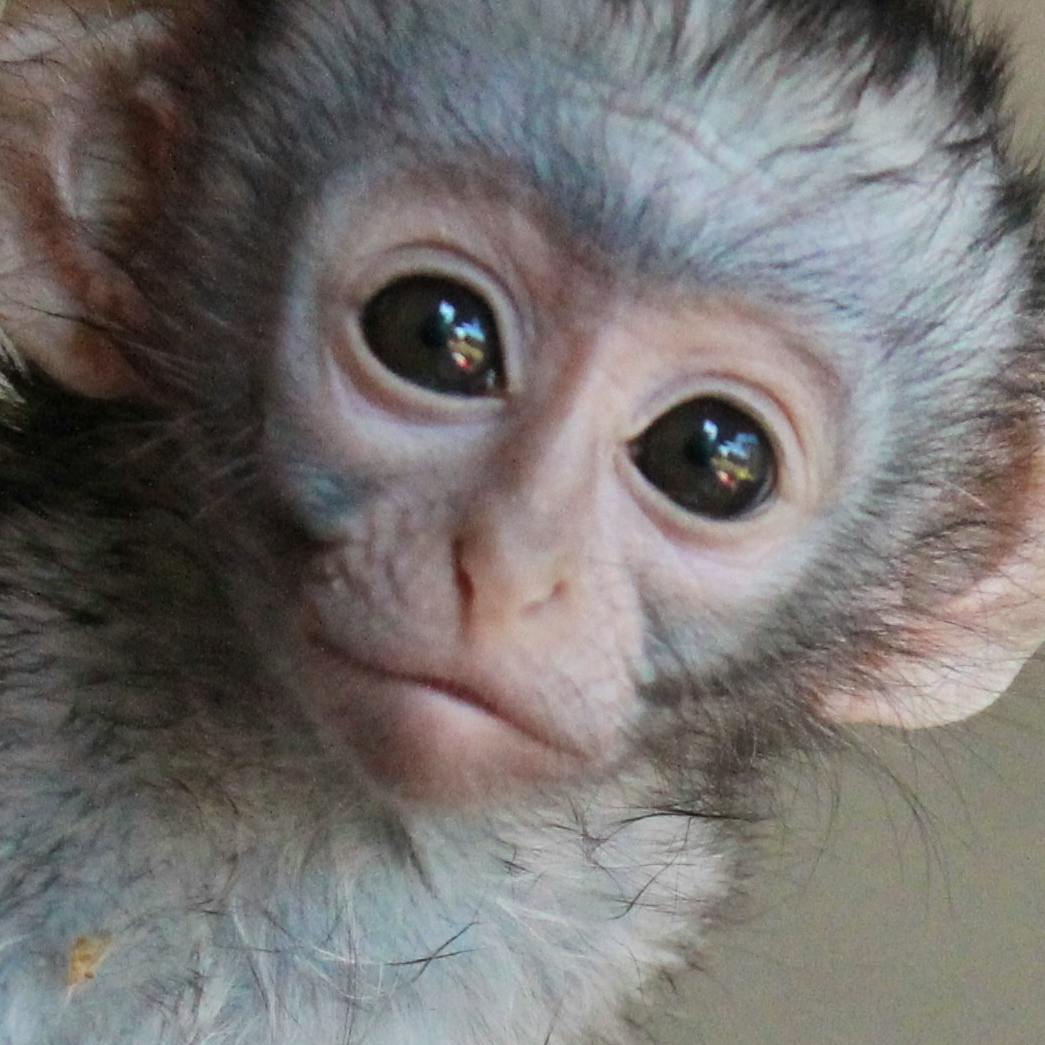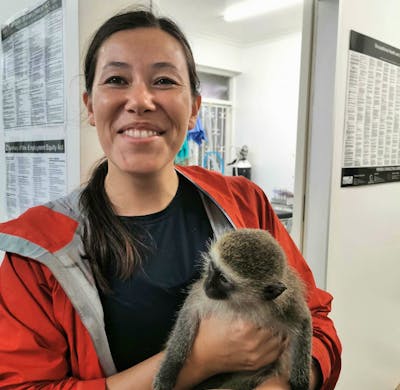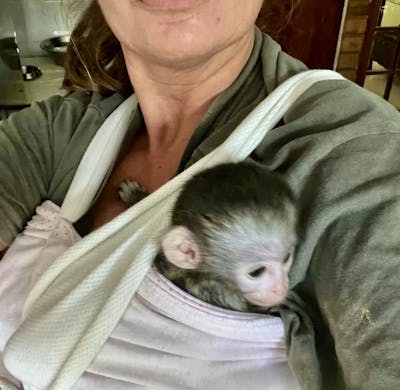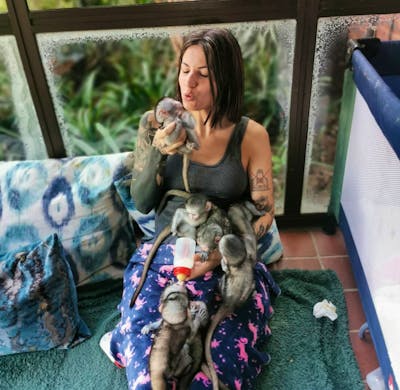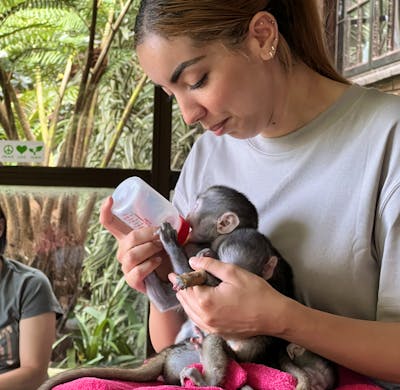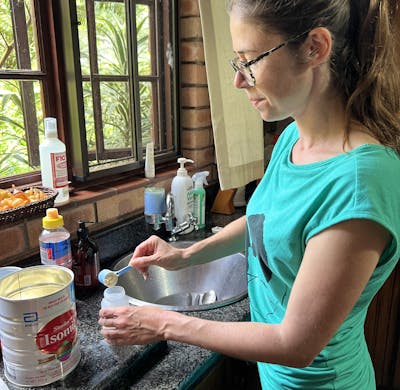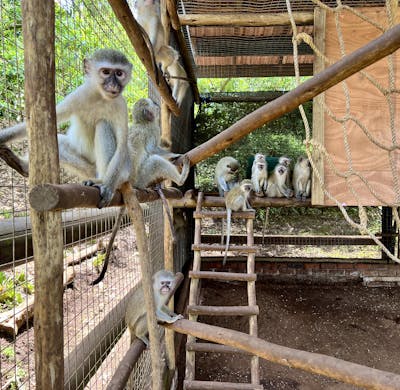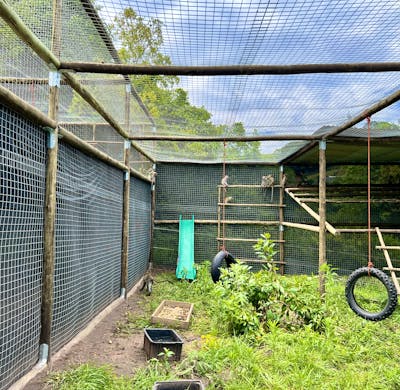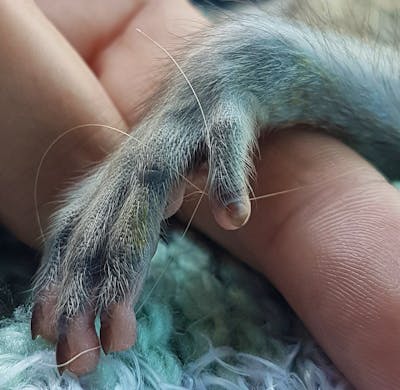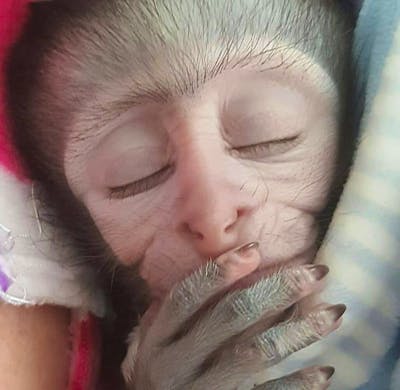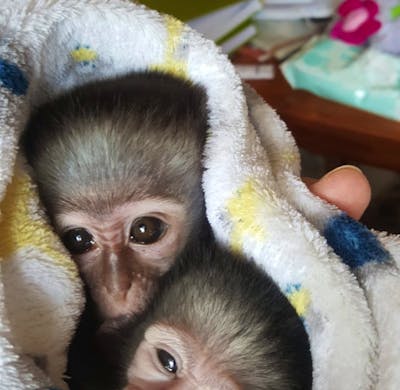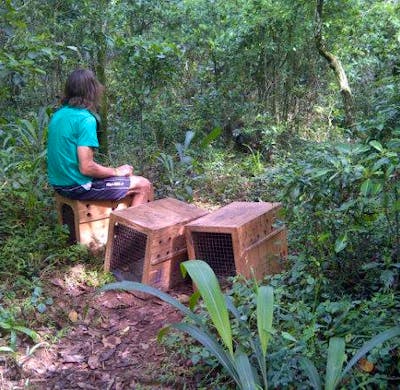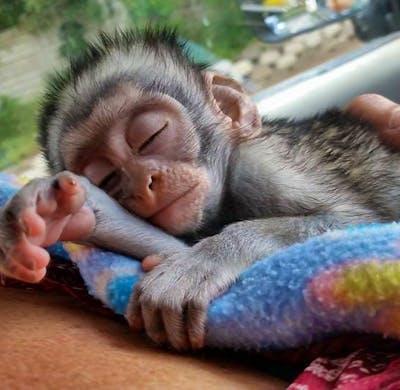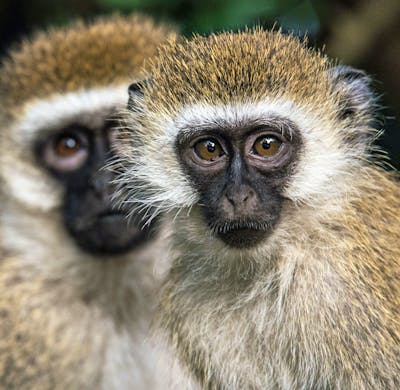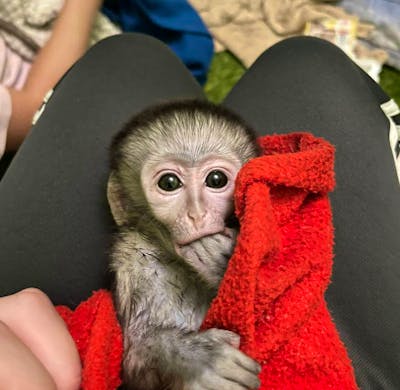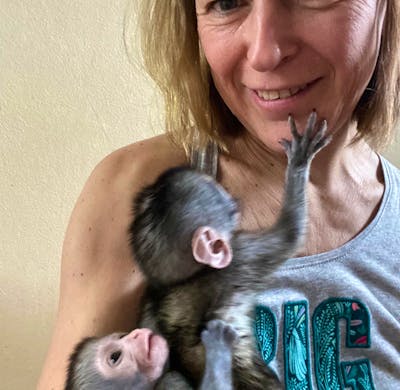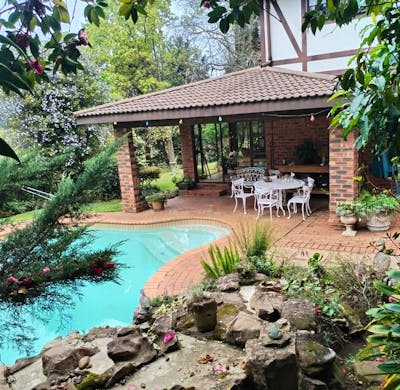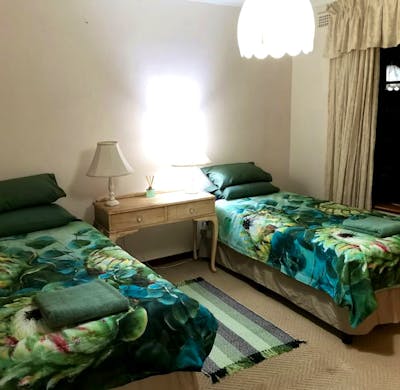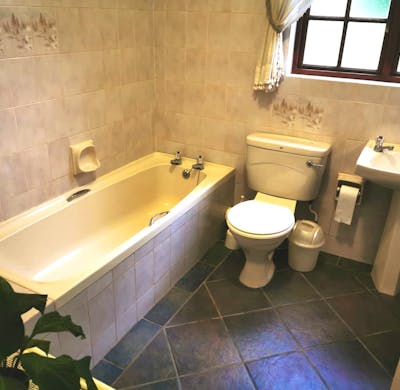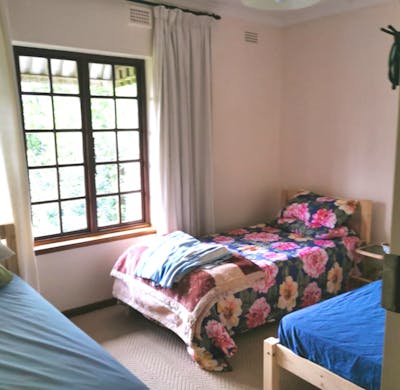from 1,196€
Vervet Monkey Rescue & Rehabilitation
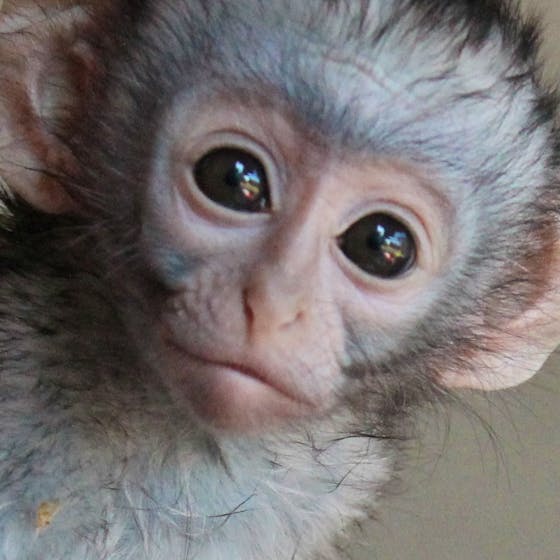
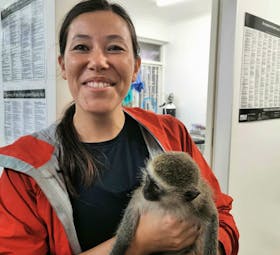
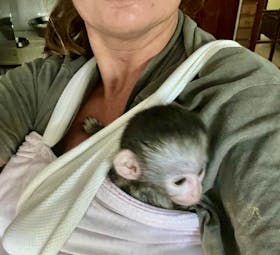
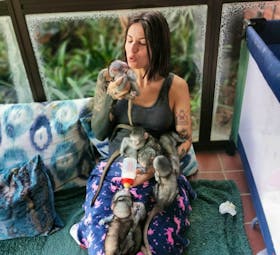
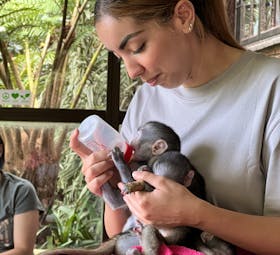
Highlights
- Be a hands-on surrogate mother to baby Vervet Monkeys who have been orphaned in baby season (mid-October to late February) or spend time assisting at the sanctuary with around 300 monkeys
- Get stuck in assisting with monkey rescues which can be extremely challenging and often daily. Surrogate baby mothers will spend more time in the nursery
- Take pride in the fact that your work will help the long term goal of a life of freedom in the wild for the monkeys you help with and your help has contributed to the welfare of so many monkeys
- Learn from experienced primate conservationists about the various processes and challenges in primate rescue and rehabilitation, monkey behavior, diet and being a nursemaid to the babies
- Visit some of the best wildlife reserves and national parks South Africa as to offer in your free time to view the Africa's Big 5... or relax on one of Durban's golden beaches
Especially suitable
About the program
Volunteer with rescued Vervet Monkeys at a permitted Monkey Rescue, Rehabilitation and Release Centre in the lush province of KwaZulu-Natal in South Africa
It all started in 1995 as an educational awareness organisation and over the years, the project grew around to incorporate the need for rescue and care of Vervet Monkeys who are not protected enough by provincial and national government legislation. In 2015 when the holding facilities at the main ...
Typical day
Please be aware if assisting being a nursemaid to the baby monkeys which takes place ONLY in baby season, that new-borns need feeding every two hours right throughout the night. At around four weeks old, the feeding is roughly every four hours, and they start sleeping though the night. Those ...
Free-time activities
Durban is in the province of KwaZulu-Natal the home of the Zulu Kingdom of which the warrior Shaka is the most famous. It has a subtropical climate and home to the most amazing wildlife and vegetation with plenty to do in your free time whether wildlife, cultural or marine life are your interests. ..
Requirements
What's Included
What's NOT included?
Details on arrival
This project is available all year around with arrivals and departures from Mondays to Fridays (not weekends) and you choose your dates.
You would fly into Durban's King Shaka International Airport before 15:30 to be collected by your driver with your name on a board.
Please note: Space is limited -especially in baby season- so please try book early.
Program fees
Meet your organization
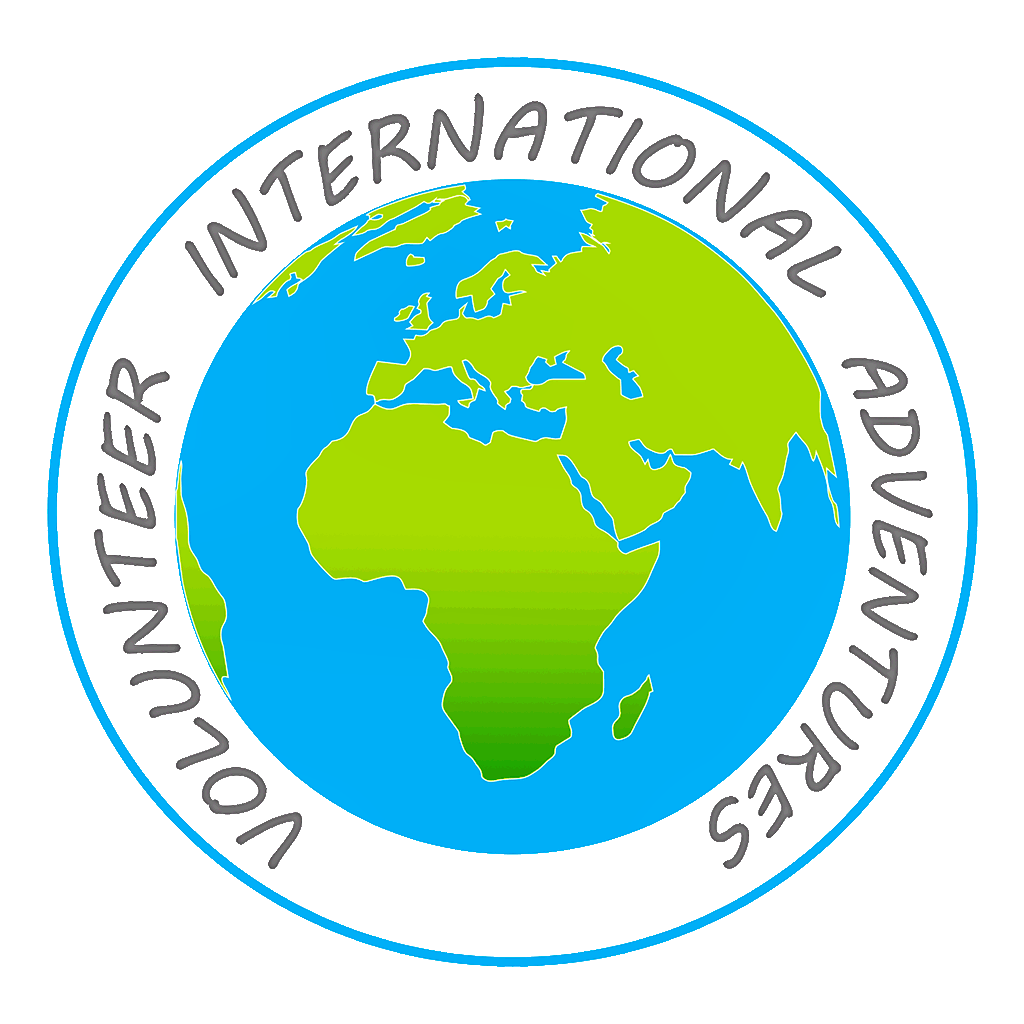
Volunteer Int. Adventures
Agency - founded in 2020
Verified by Volunteer World
Coordinated by
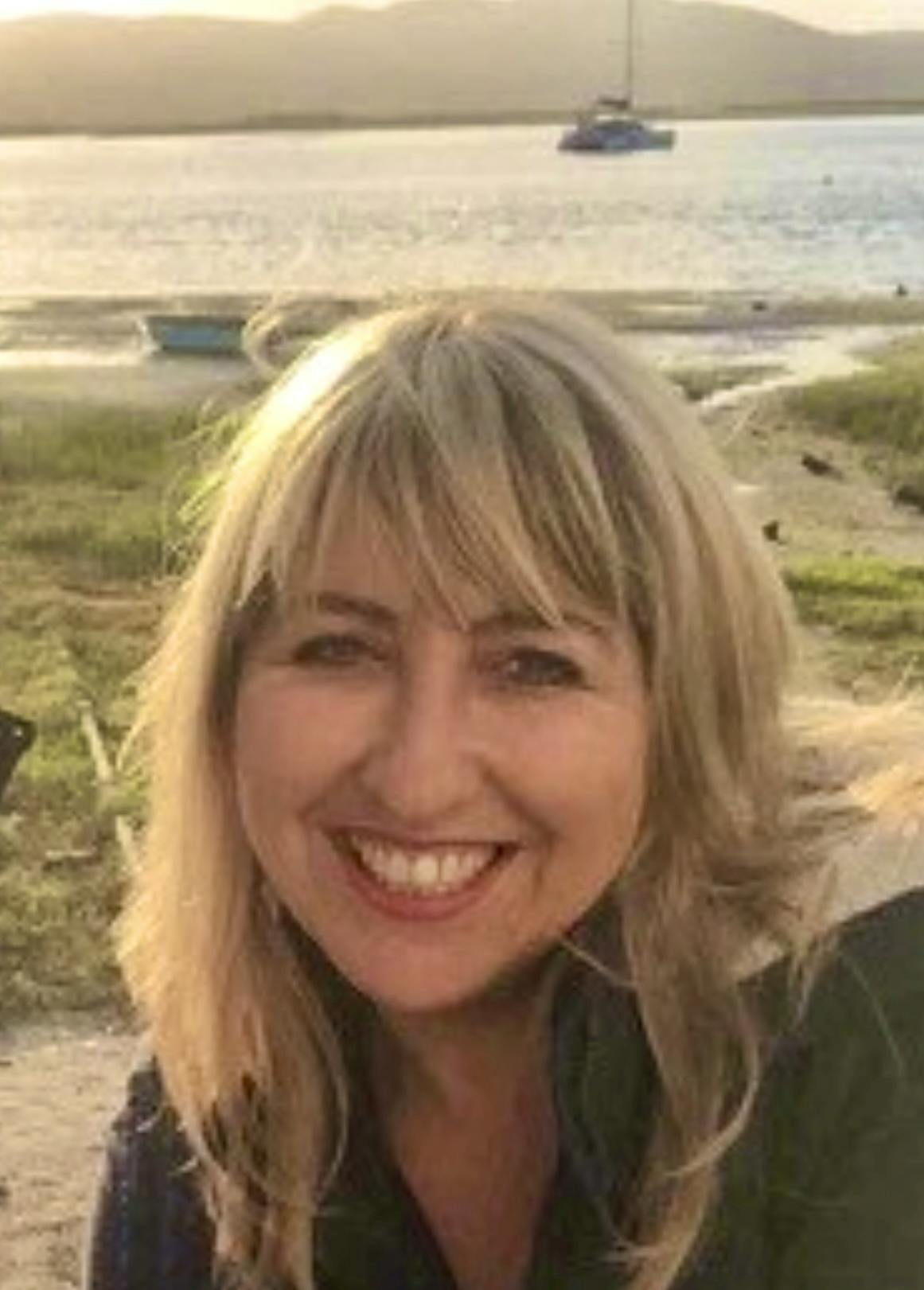
Sharon
About the project
58 reviews ·  4.8
4.8
Location

You might also be interested in
-
Vervet Monkey
Monkeys
Family Volunteering
50 Plus Volunteering
Voluntouring
Animals in South Africa
Animals in Africa
Volunteer Trips for College Students
Mission Trips to Africa
Projects Abroad
Group Volunteering
Primate Conservation in South Africa
Mission Trips
Planning a Gap Year in South Africa
Best Volunteer Programs
Adults
Global Volunteer Opportunities
Couples
